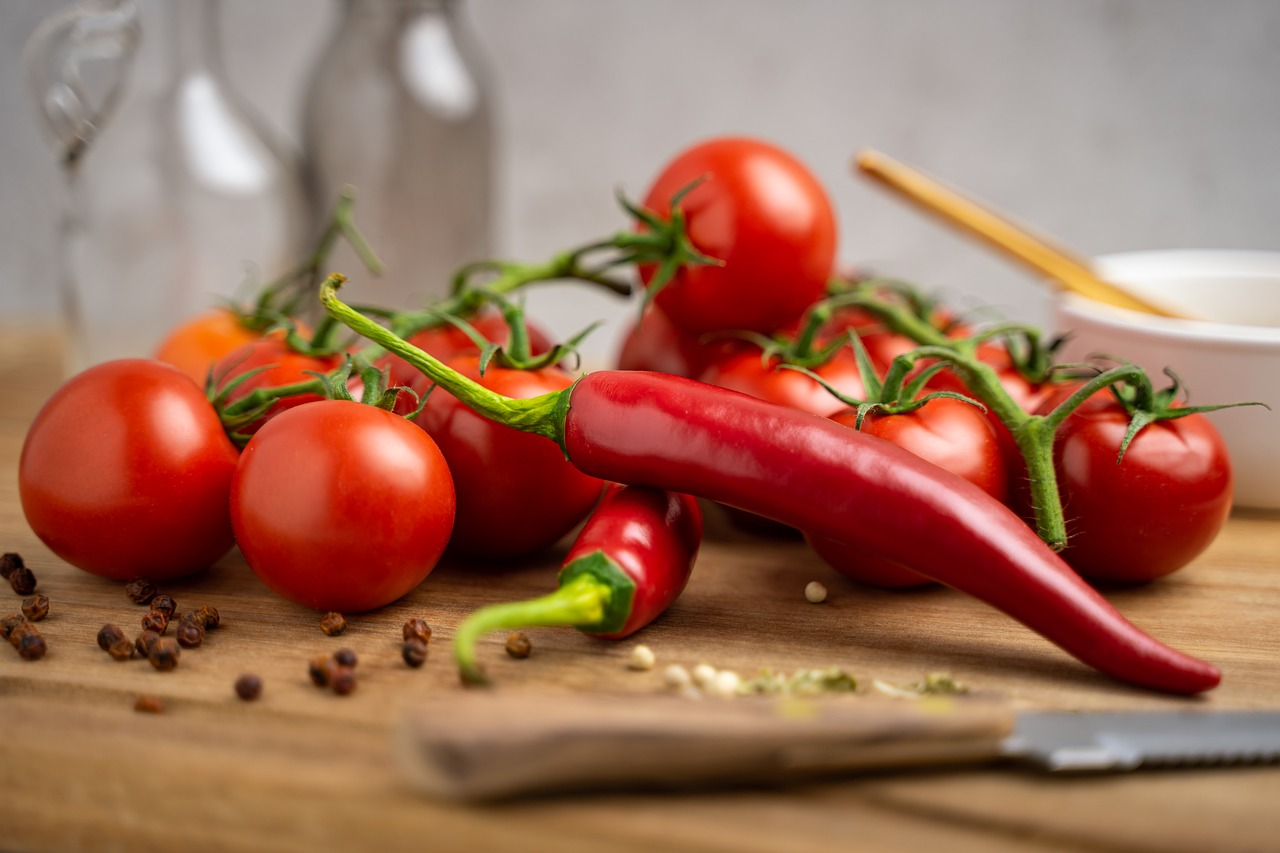Tomatoes, well known for their high levels of vitamin C and rich nutrient content, have been associated with better heart health and diabetes. A new study has found a link between tomato consumption and reduced risk of developing high blood pressure.
According to the study, published in the European Journal of Preventive Cardiology, eating tomatoes helps manage high blood pressure and may even prevent developing hypertension in older adults.
Previous clinical studies had yielded contradictory results regarding the impact of tomato consumption on blood pressure. So, in the latest study, researchers tried to understand how eating tomatoes would affect the risk of hypertension in older adults who are at a heightened risk of cardiovascular issues.
“Tomato consumption, including tomato-based products, is beneficial in preventing and managing hypertension. Higher tomato intake reduces hypertension risk by 36%, and moderate consumption lowers blood pressure, especially in grade 1 hypertension,” the researchers wrote.
The study examined 7,056 participants, of whom 82.5% had hypertension. Based on their daily consumption of tomatoes, they were grouped into four: people consuming less than 44 grams, those with an intake between 44 and 82 grams (intermediate), those in the 82–110 grams range (upper intermediate), and those consuming more than 110 grams.
Researchers noticed reduced diastolic blood pressure (the pressure in the arteries when the heart rests between beats) in the highest and intermediate groups. In participants with stage 1 hypertension and intermediate levels of tomato consumption, there was a noticeable reduction in both systolic (pressure in the arteries during heartbeats) and diastolic blood pressure.
“The cardioprotective mechanisms involved in the reduction of blood pressure may in part be attributed to the presence of lycopene in tomatoes,” said Rosa María Lamuela-Raventós, director of the Research Institute of Nutrition and Food Safety at the University of Barcelona.
“Lycopene, the most plentiful carotenoid in tomato, does not only reduce the angiotensin-converting enzyme and its gene expression, preventing the synthesis of angiotensin 2… but also promotes the generation of nitric oxide in the endothelium [cells that line the blood vessels] — helping lower blood pressure and improving blood flow,” added Lamuela-Raventós, who co-authored the study.
Angiotensin 2 causes blood vessels to constrict, making it harder for the heart to push blood through. Blood pressure medicines such as ACE inhibitors reduce the production of angiotensin-converting enzymes.
The study does not say if there is any difference in the effect when tomatoes are eaten raw versus when they are cooked. However, Lamuela-Raventós suggests that the beneficial effects might be more pronounced when tomatoes are cooked. This is because the process of cooking could enhance the bioavailability of carotenoids and other antioxidants, such as polyphenols, present in tomatoes.


